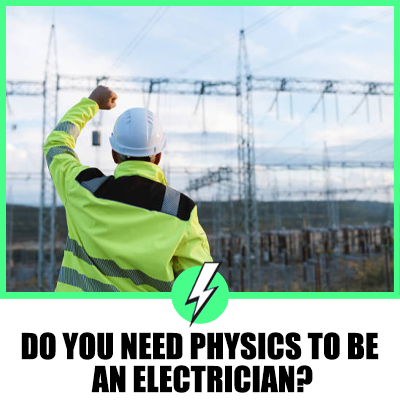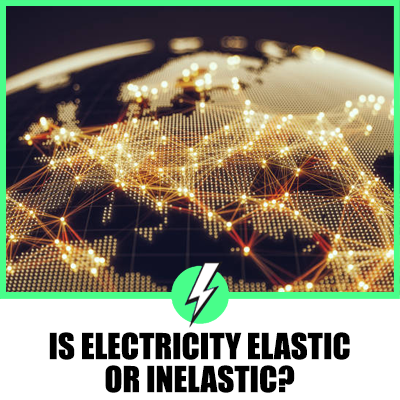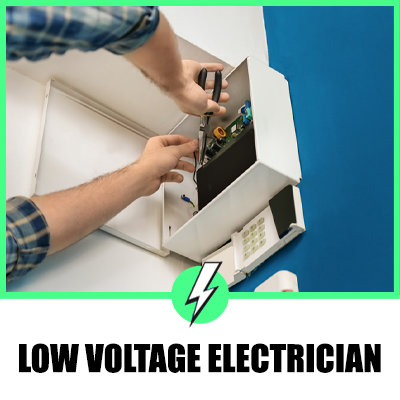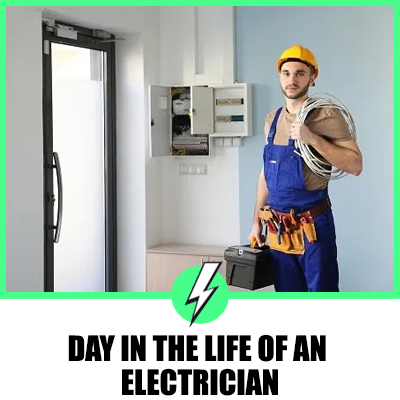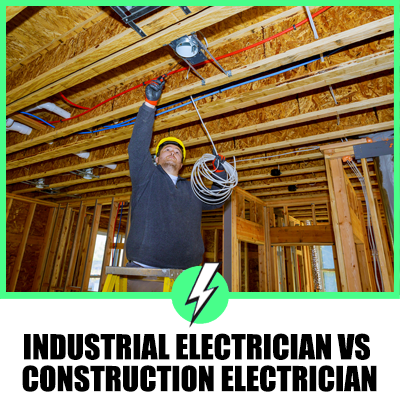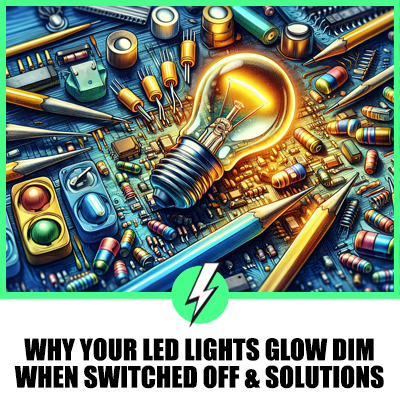Do You Need An Electrician To Install An Electric Oven?
Do you find it confusing what you can and are allowed to do on your home electrical circuits? Why do you need to pay an electrician to do simple jobs?
For non-specialists, building regulations and 18th edition wiring covering electrical circuits in your home can be confusing. Electricians train for four years, and then complete another two years before they are competent to work in your home and sign off on part P work. For this reason alone, you need to get an electrician.
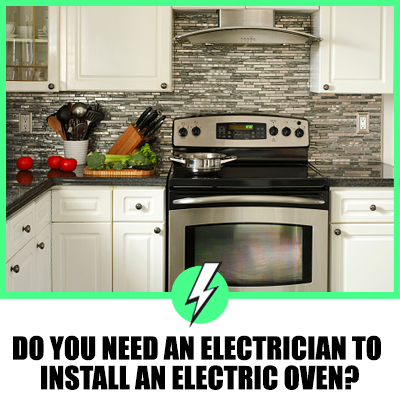
Contents
Do ovens have to be installed by an electrician?
Only electric ovens and electric oven tops need to be installed by an electrician and gas by a gas fitter.
The building regulations stipulate electric cooktops and ovens must be fitted by a qualified tradesperson who is fully insured and licensed to carry out the task.
In 2013 the regulations changed to remove cooktops and ovens from the part P schedule of notifiable electrical installation in a domestic dwelling.
Do ovens have to be installed by an electrician?
Not necessarily but here is why it’s a good idea to get an electrician to install your electric cooker.
There are not many homeowners who can check the RCD tripping times to make sure the RCD is adequate for the job.
If the RCD does not match the power requirements of the oven every time you use the oven you will lose power to the whole of the property.
Again not many homeowners can check that the earthing is correct which is essential to the homeowner’s safety.
Can you install an electric wall oven yourself?
Many folks think this is an easy job, but the truth of the matter is fitting an electric wall oven can be challenging.
Ovens and cooktops are not straightforward 3 pin plugs, they need to be wired into the socket that is carrying the most amperage in your house.
Ok, you may isolate the power and continue with the termination of the power lead and proceed with the installation.
What happens if the terminations are not correct? Well, the best you can hope for is an intermittent fault on your wall oven.
The worst scenario is you could receive a life-threatening electric shock or burn the house down as the terminals short while you are in another room or in bed.
Why do you need a qualified electrician to undertake simple electrical jobs?
The truth is what you may consider as simple could be complex and with the greatest of respect, how does the homeowner make the call about what’s simple and what’s not when it comes to electricity.
Your local electrician is highly qualified and will do a good job for you, ask for his credentials, he won’t mind and will only be pleased that you have the wherewithal to ask such a question.
Electricity is dangerous and needs to be handled by experienced electricians to keep the homeowner safe.
Can you plug an electric oven into a normal socket UK?
Some ovens are fitted with a 3 pin plug with a 13 amp fuse fitted. It’s all very convenient and is a great idea to sell more white goods from appliance centres.
However, depending on the age of your home, you will likely get home with the notion you will plug your oven in and that’s the job done and dusted.
But hold your horse, is there a 3 pin socket mounted behind your oven in the kitchen or a blank plate?
Many advanced cookers with features such as self-cleaning need a 3 kW supply which needs to be wired directly into the power circuit.
Does an oven need a dedicated circuit in the UK?
Yes, your electric cooker should be on a radial circuit, you can share the circuit with another major appliance such as a washing machine with a heater if you wish.
Your cooker is best to have its own circuit breaker due to the amount of power it draws when switched on.
What is a radial circuit used for?
It’s a circuit that can take a lot of power, your electric cooker will be connected to eat along with your immersion heater and other items that need a lot of power.
To take the mysticism out of the radial circuit, it’s simply a length of suitably rated cable that can handle the power requirements of say 3kW and more.
Can I spur off a cooker circuit?
It’s not advisable for homeowners to try and spur off a radial circuit. It’s easy for a qualified electrician to spur off the circuit, he will know what kind of cable and fuses are needed to keep the homeowner safe.
Do all electric cookers need to be hardwired?
If you purchase a basic budget electric oven then it may come with a 3 pin plug attached to it. But you may not have a 3 pin socket where the oven is located. Don’t even think about using an extension, the power requirements will be too high for an extension lead and may cause a fire.
Ovens that are designed for family cooking invariably need to be wired into the radial circuit, a homeowner can attempt this job, but it’s best to be carried out by a qualified electrician.
Are radial circuits legal?
Yes, it’s also acceptable to install sockets to a radial circuit using a 2.5-millimetre cable as long as it is protected by a 16 amp breaker. Of course, if the load is higher than 16 amps, the electrician will need different cables and circuit breakers.
How much does an electrician charge to hook up a cooker?
Electricians’ rates vary depending on your location, but the average charge will be from 35 to 60 pounds per hour if the electrician is VAT registered an additional 20% charge will make the total around 42 pounds.
It’s not much to pay for peace of mind and knowing your cooker had been installed by a professional.
